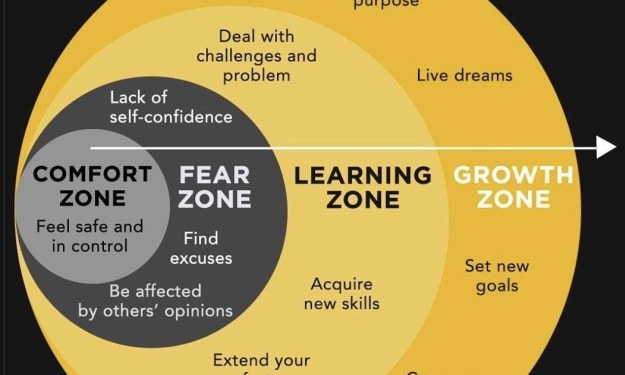Procrastination and its Management
Procrastination and time wasting

Procrastination is the act of delaying or postponing tasks or activities. It is a common human tendency that can have negative consequences, as it can prevent you from completing important tasks and meeting goals. Procrastination can be caused by a variety of factors, such as lack of motivation or interest, difficulty or uncertainty about how to begin a task, or feelings of overwhelm or anxiety about the task at hand. It is important to recognize when you are procrastinating and take steps to overcome it, such as setting clear goals, breaking tasks down into smaller steps, and creating a schedule or timeline to help you stay on track.
Effects of procrasination
Procrastination can have a number of negative effects on an individual. For one, it can prevent you from completing tasks and meeting goals, which can lead to feelings of frustration and disappointment. It can also have negative consequences for your professional and personal life, as you may miss deadlines or opportunities as a result of not getting things done in a timely manner. Additionally, procrastination can lead to increased stress and anxiety, as the tasks you are putting off may continue to loom over you and create a sense of pressure. Finally, procrastination can lead to a decline in the quality of your work, as you may be rushed or under pressure to complete tasks quickly in order to meet deadlines. Overall, it is important to try to overcome procrastination in order to lead a more productive and fulfilling life.
How to overcome procrasination?
Here are some strategies that you can use to overcome procrastination:
- Identify the reasons for your procrastination: Understanding the reasons for your procrastination can help you figure out how to overcome it. Are you feeling overwhelmed by the task at hand? Are you unclear about what you need to do? Are you struggling with a lack of motivation or interest? Identifying the root cause of your procrastination can help you develop strategies to address it.
- Set clear goals: Setting specific, achievable goals can help you stay motivated and on track. Break larger goals down into smaller, more manageable tasks, and consider setting deadlines for each step.
- Create a schedule: Planning out your time can help you prioritize tasks and ensure that you are using your time effectively. Consider setting aside dedicated blocks of time for different tasks, and try to stick to a consistent daily schedule.
- Eliminate distractions: Identify and eliminate distractions that may be hindering your productivity. This may include turning off your phone, finding a quiet place to work, or setting boundaries with others to minimize interruptions.
- Take breaks: It's important to take breaks and give yourself time to recharge. Taking regular breaks can help you stay focused and motivated, and can ultimately make you more productive.
- Seek support: If you are struggling to overcome procrastination on your own, consider seeking the support of a friend, family member, or professional such as a therapist or coach. They can offer guidance and accountability to help you stay on track.
Difference between time wasting and procrastination
Time wasting and procrastination are similar in that they both involve the use of time in a way that does not contribute to meeting goals or completing tasks. However, there are some key differences between the two concepts.
Time wasting refers to the act of intentionally or unintentionally using time in a way that is not productive or useful. This might include engaging in activities that do not have any real purpose or value, such as scrolling through social media or watching TV for hours on end. Time wasting can also involve engaging in activities that are not directly related to one's goals or responsibilities, such as chatting with coworkers or running errands that could have been done at a different time.
Procrastination, on the other hand, involves the act of delaying or postponing tasks or activities that need to be done. Procrastination is often motivated by a lack of motivation or interest in the task at hand, feelings of overwhelm or anxiety, or a lack of clarity about how to begin the task. Procrastination can have negative consequences, as it can prevent an individual from meeting deadlines or achieving their goals.
Overall, time wasting is more about engaging in activities that are not productive, while procrastination is about delaying important tasks or activities.






Comments (1)
nice reading